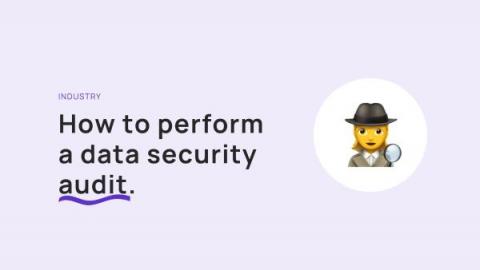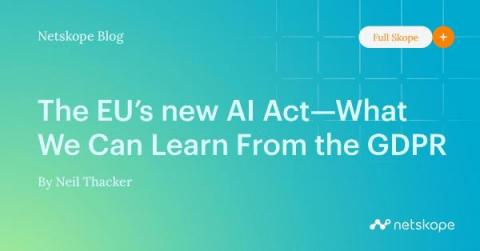6 Top Cloud Security Problems - from a GRC consultant's perspective
The typical life of a consultant working in the field of governance, risk and compliance is often not deeply technical, but we have to be aware of new technology and the risks it poses; this is very true when it comes to Cloud, and with the massive adoption of Cloud as the vast majority of organizations now use cloud services on some level.











